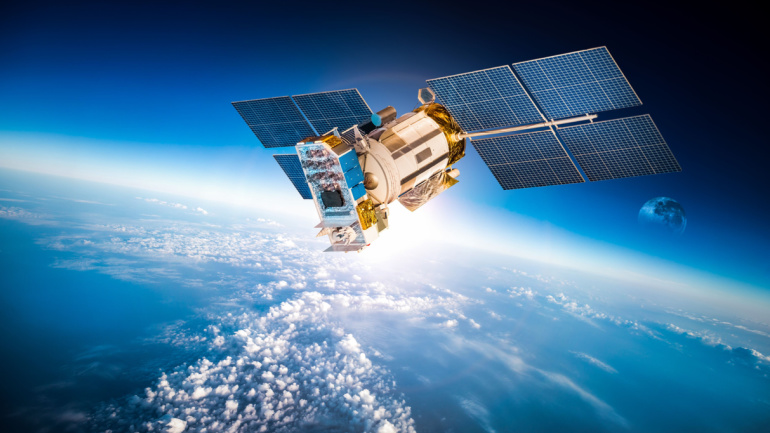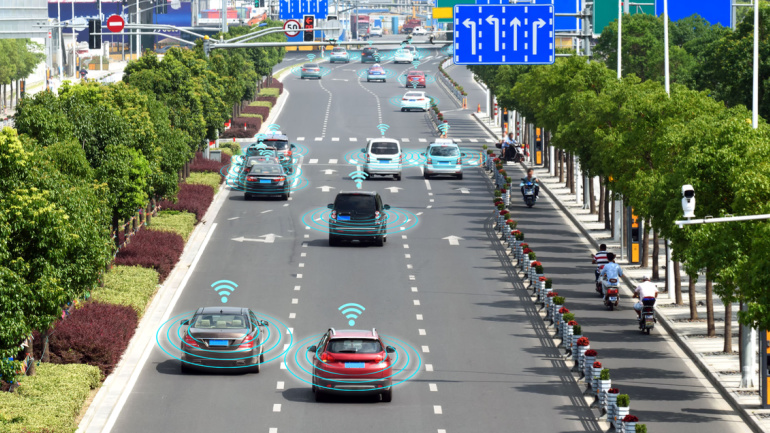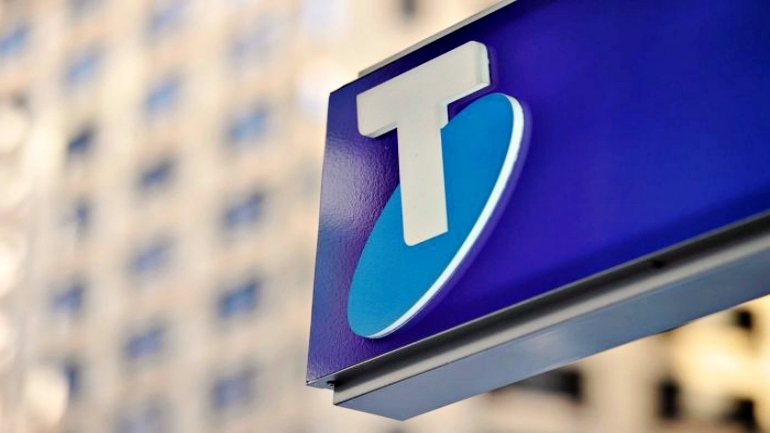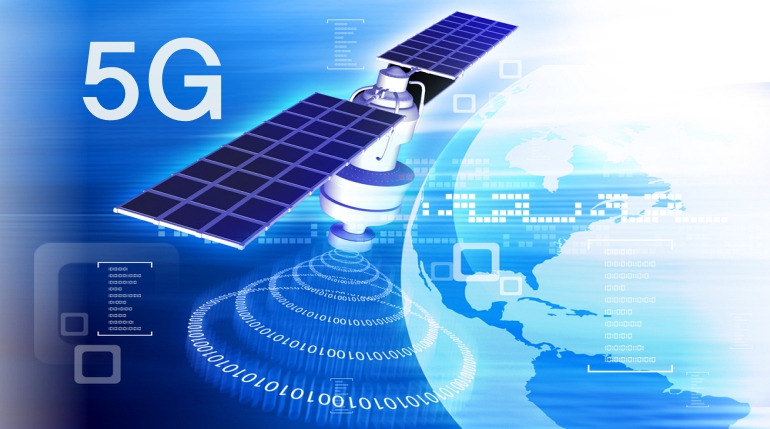Amazon’s Project Kuiper and Vodafone join forces to bolster 4G and 5G availability in Europe and Africa using cost-effective low Earth orbit (LEO) satellites. This partnership aims to connect distant cellular antennas to core networks, enabling telecom services without relying on intricate fibre-based systems. With a larger goal of bridging the digital divide, the collaboration also plans to offer backup services for disruptions and connect distant infrastructure.
Deutsche Telekom and MIRA dive into an ambitious project crafting the ‘shuttle service of the future’ in Bonn, using the premise of teleoperation or remote driving. Facilitated by speedy 5G data transmission, this experiment highlights the necessity of ‘network slicing’ and ‘quality on demand’ for autonomous vehicles. Yet, governmental restrictions on remote-controlled travel present a hurdle. Despite the challenges, both firms remain hopeful, envisioning a driver-free automobile future.
The UK government’s ambitious Connectivity in Low Earth Orbit (CLEO) initiative aims to propel satellite communications development, backed by a sum of £160 million. With a main focus on Low Earth Orbit (LEO) satellite constellations, this programme holds potential to bridge the digital divide and boost economical growth. This initiative, however, still awaits the green light through regular approval processes.
Telstra and OneWeb collaborate to deliver a massive low Earth orbit (LEO) backhaul rollout, expanding connectivity for remote mobile customers in Australia and extending coverage to hard-to-reach regions.
Global satellite operator Telesat, the Vodafone Group and the University of Surrey in the UK, have successfully accomplished the world’s first 5G backhaul demonstration deploying a Low Earth Orbit (LEO) communications satellite. This successful trial demonstrates that LEO satellites are able to provide efficient backhaul transport channels for mobile network operators (MNOs), including for 5G advanced services. During the live test conducted by these partners in April, Telesat’s Phase 1 LEO satellite was connected to the University of Surrey’s 5G testbed network, with the support of specialist Vodafone engineers. Vodafone also provided some funding and arranged licensing for the demonstration system. John Miller, Head of Satellite Engineering at Vodafone, said: “The use of LEO satellites provides an additional mobile backhaul option and can be an important part of the delivery system particularly to customers in our markets who live in rural areas.” Professor Barry Evans, University of Surrey, said: “The University of Surrey is very…
To improve emergency services and to better locate callers, The European Commission has approved a regulation that will require new smartphones to include satellite and Wi-Fi location. The integrated chipset with Global Navigation Satellite System (GNSS) must deliver access to the EU’s satellite system Galileo, which provides accurate positioning and timing information. Currently, most emergency services are faced with the challenge of only being able to locate troubled mobile callers within an area of several kilometers. However, the proposed use of satellite and Wi-Fi systems will enable 112 emergency number callers to be located within a range of less than 100 meters. Galileo-enabled devices receive signals for positioning, navigation and timing. This satellite system has been servicing around 400 million users, and this summer the system was supplemented by four more satellites, which were successfully launched from the European spaceport. Every additional satellite steadily improves Galileo’s performance, and,…
Equinix is investing USD $260 million to develop SG6, a sustainable data center in Singapore, designed for AI and compute-intensive tasks. Featuring renewable energy, liquid cooling, and rainwater harvesting, SG6 aligns with Singapore’s Green Plan 2030.
In the race towards innovative technology, LG Uplus in Korea leads with energy-efficient solutions for future 6G networks. By testing an All-Photonic Transport Network with partners like Infinera, they aim to drastically reduce power consumption, ensuring a sustainable approach.
AST SpaceMobile has secured a U.S. government contract under the SDA’s HALO program, enabling it to compete in prototype space tech projects. This milestone positions the company to demonstrate its large BlueBird satellite arrays for government use, with potential applications in secure communication.
The European Union’s NIS2 Directive enhances cybersecurity across essential sectors, affecting many organizations. With fines up to €10 million for non-compliance, businesses must align cybersecurity to their service scope.













